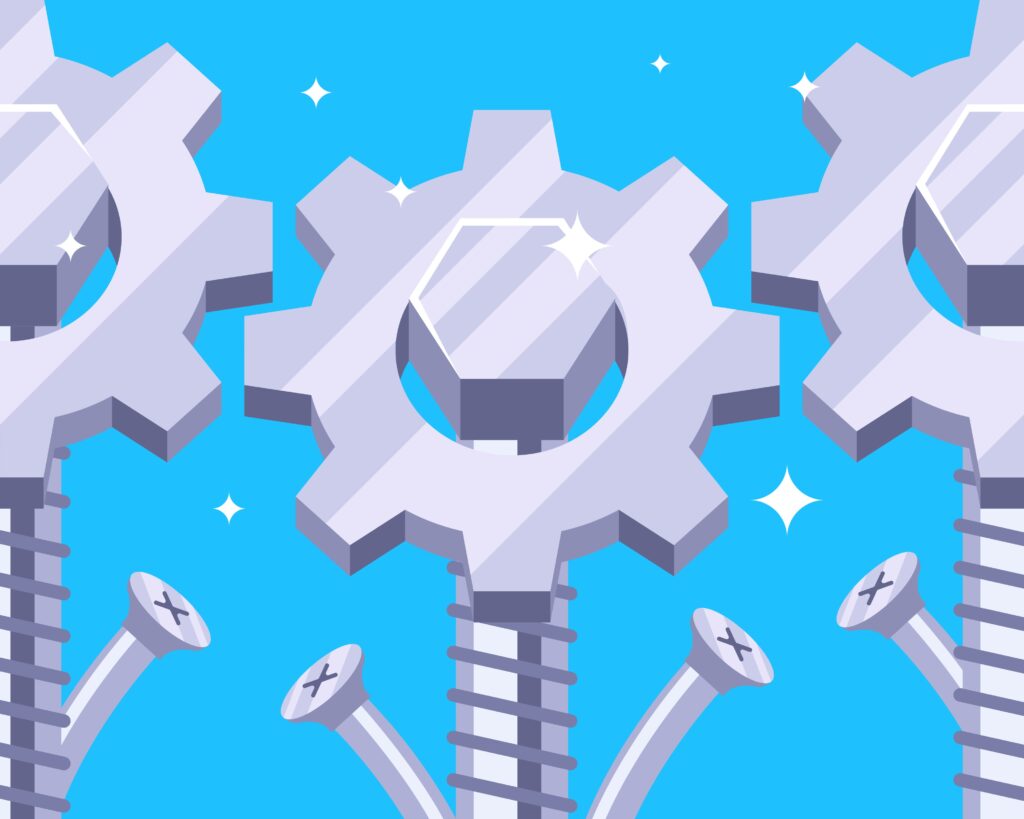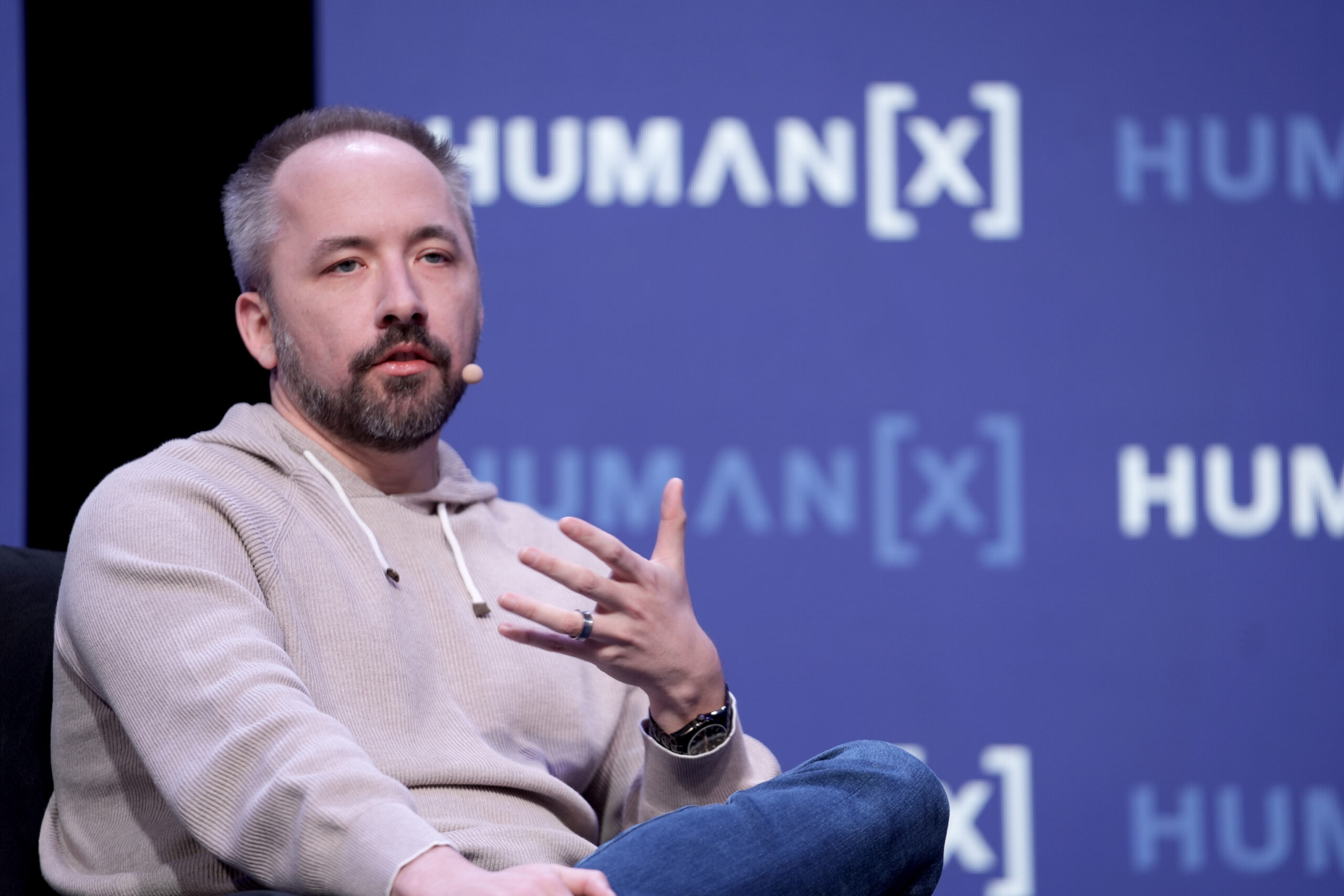As OpenAI becomes the 10,000-pound gorilla, where do startups fit?

For a company that is ostensibly still a startup, OpenAI has become a force unto itself in the AI model race, so much so that startup founders have to wonder how they can build an AI-related business where OpenAI doesn’t stomp them.
Certainly, the SDK announced this week at OpenAI Developer Day in San Francisco offers a glimpse into how to connect a product directly to ChatGPT, but it also highlights the growing power of a well-funded platform play. A platform develops when a company creates a technology hub where others can build businesses or applications using the underlying systems and tools to power their software. OpenAI is definitely working toward such a system.
Yet there are still openings for new companies, according to Jason Kwon, chief strategy officer at OpenAI, speaking at the Madrona IA Summit 2025 in Seattle last week. One way is to focus on a narrow use case and take advantage of your expertise, something that a general model maker like OpenAI is unlikely to do.
“If you're going to do some kind of product that is very focused on figuring out how to apply the AI models to [something like] a manufacturing process, that's very specific. That's probably not an area that we're going to go super deep in,” Kwon said.
Tooling and domain expertise
He pointed out that startups also have an opportunity to build tooling around AI models. The company isn’t going to create every piece of support software itself, leaving plenty of room for startups to step in. That means building infrastructure to handle core jobs like cleaning and organizing data, or providing tools for task-specific post-training and fine-tuning.
“I think all of those elements see further deepening development. And I think that's actually a very interesting way to think about what you should build as a founder going forward because a lot of this will become very relevant, not just for us, but for various other foundation model labs,” Kwon said.

One thing he didn't mention is the broader infrastructure that enterprises will expect around AI models including security, governance and observability. These are pieces we are only beginning to see develop and where there is a lot of room for startups to gain a foothold.
A related opening exists in areas where OpenAI can’t easily match a company’s deep domain expertise. A prime example of this is the recently announced Stripe partnership. Millions of websites rely on its payment protocol, and Stripe has years of experience tackling online transactions. It makes sense for OpenAI to partner with the experts, rather than try to develop something similar itself. Startups with specific industry know-how, built on years in the business, can take advantage of this kind of situation, even if they’re just getting started.
What not to do
Kwon also warned founders against trying to build a company aimed at improving the model in incremental ways to get it to work for a particular current use case, or risk competing directly with the model makers, something that founders should avoid in his view.
He advised entrepreneurs that instead of pouring energy into fixing a “last-mile” issue in the current generation of models, they should assume the models will continue to improve and focus on harnessing that intelligence to build something truly useful for end users. That could be a bit self-serving on Kwon’s part, hoping you’ll let his company do that work, but there is still an element of truth to it.
When you combine Kwon’s advice with the SDK released this week to connect software directly to ChatGPT, new opportunities open up for startups. Founders, however, need to be cautious about merely extending the model or treading too far into OpenAI’s (or other giants’) territory. Instead, they should focus on building products with a defensible position against future shifts. Otherwise, they risk getting crushed by the behemoth that is now OpenAI.
Featured image of Jason Kwon by Ron Miller.





